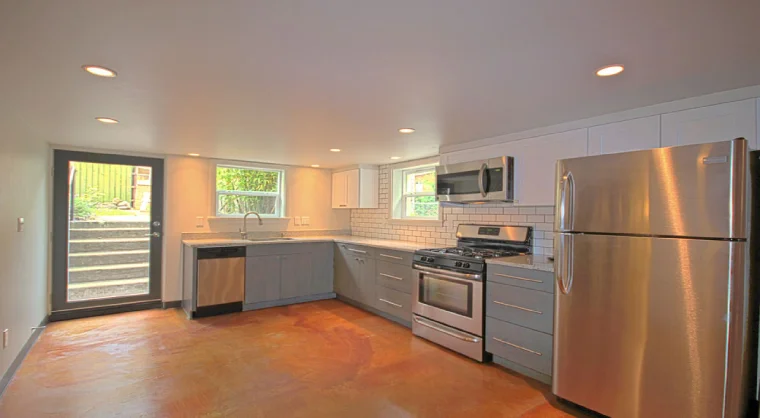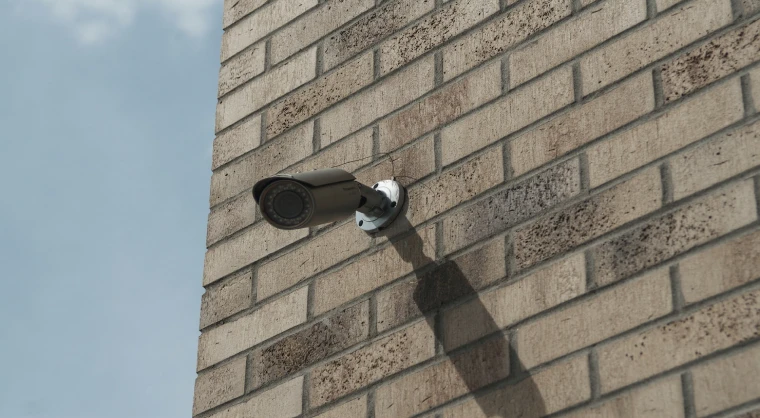Are you a property owner looking to rent out your city-based home? Renting out a property in the city can be an exciting and lucrative venture, but there are some things you should consider before taking the plunge. You’ll need to be aware of the laws and regulations in your area and any unique challenges that come with renting out a property in the city. Here are some essential tips for getting started.
1. Know Your Rights & Responsibilities:
As a landlord, you need to understand your rights and responsibilities when it comes to renting out your property. Familiarize yourself with local laws and regulations so you know exactly what is expected of you regarding tenant selection and eviction procedures.
For example, some cities have specific laws around the amount of rent you can charge and how much notice you need to give tenants when raising their rent or terminating their lease. Having a thorough understanding of the relevant laws will help ensure that your rental process is both legal and successful.
In addition, you should make sure you’re aware of your responsibilities to tenants. This includes ensuring the property is safe and secure, providing necessary repairs, and responding promptly when issues arise.
2. Get an EPC:
Most property owners don’t know that getting Energy Performance Certificates (EPC) is a legal requirement when renting out a property in many cities. An EPC is a document that provides information about the energy efficiency of your property.
It is mandatory for any landlord renting out their property and will help tenants understand their likely energy costs. You can obtain an EPC from an accredited assessor, and it must be included in all advertisements for your rental property.
Moreover, getting an EPC is a good way to reduce your energy costs and increase the value of your property. This is because landlords who can demonstrate a commitment to energy efficiency are more likely to attract high-quality tenants.
3. Get Insurance:
It’s generally a good idea for landlords to get additional insurance coverage for their rental properties, even if they already have homeowner’s insurance. This will cover any potential damages or losses that may occur while the property is being rented out.
For instance, standard homeowner’s insurance won’t cover damages caused by tenants. On the other hand, Landlord insurance can provide coverage for things like malfunctioning appliances and property damage caused by tenants.
It can also protect you from any legal issues arising from renting a property. These can include tenant lawsuits or damages caused by guests of your tenants.

4. Be Prepared For Emergencies:
You never know when an emergency might occur at your rental property, so it’s important that you have a plan in place for how you will handle these situations. Ensure all tenants know who they should contact if an emergency arises.
Additionally, keep contact information handy for local repair companies or plumbers who can help address any issues quickly and efficiently. For example, you should have a list of contractors who can handle things like plumbing, heating, and electrical repairs.
You can also consider signing up for a 24-hour emergency response service. These services can provide you with access to resources like locksmiths and other professionals in the event of an emergency.
5. Choose Your Tenants Wisely:
When it comes time to select tenants, take your time and make sure that each tenant meets all of your criteria before signing a lease agreement. Screen potential tenants thoroughly by running background checks on them and asking for references from previous landlords or employers.
This will help you have peace of mind knowing that the people living in your rental property will take good care of it. For starters, you should make sure each tenant is financially responsible and can afford the rent.
In addition, they should respect the rules you’ve outlined in your lease agreement, like maintaining quiet hours and taking care of their unit. Being selective with who you choose to rent to will help ensure a successful tenancy.
6. Set Reasonable Expectations & Rules:
Outline clear expectations for tenants before they move into the property and make sure they understand what is expected of them during their stay there. Establish ground rules—like noise levels, pet policies, and smoking restrictions—and ensure that all tenants read and sign off on them before moving into the rental unit.
This way, everyone is on the same page about how things should be handled while living there together peacefully! Furthermore, ensure that all of the rules comply with local rental laws. You wouldn’t want to be held responsible for any violations later on.
In essence, just be reasonable when it comes to renting out a property. Think about all the things you need to consider and take care of before agreeing to rent it out.
Renting out a city-based property has its own unique set of challenges compared to other types of rentals, but it can also be very rewarding if done right! By familiarizing yourself with local laws, getting an EPC and additional insurance coverage, preparing yourself for emergencies, choosing tenants wisely, and setting reasonable expectations and rules — you can easily navigate this process successfully! All these tips will help ensure that both landlord and tenant are satisfied with their experience and ultimately put you on track for a successful renting venture!





